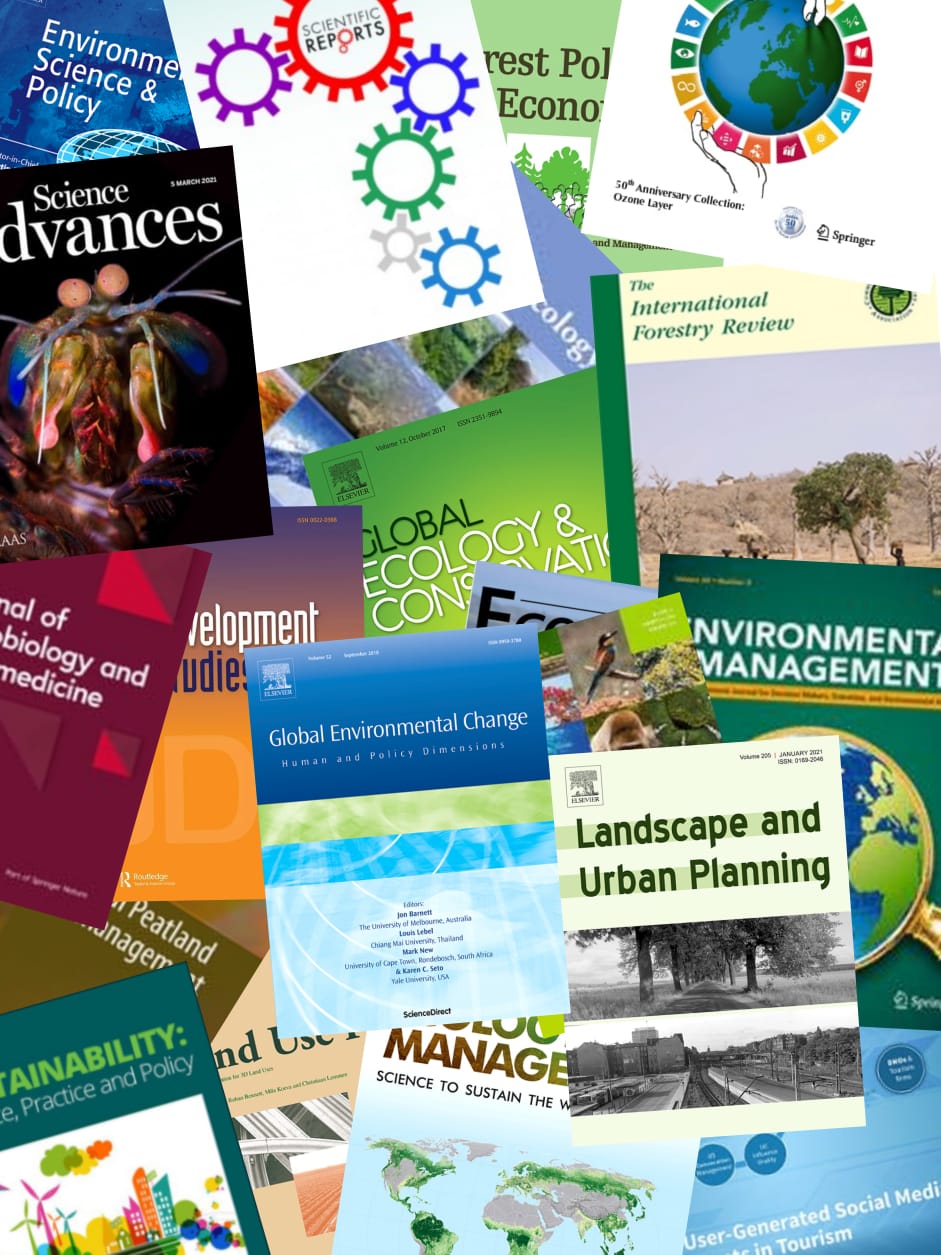Mining is an activity that has had a considerable impact on the history of Brazil, whether from an economic, political, social, geographic, or demographic, artistic, and religious point of view. Its history is stamped by several phases starting in 1693 with gold discoveries in Minas Gerais, and diamond findings in 1729. This lasted almost 150 years for gold, and 140 years for diamond. With exhaustion of alluvial deposits in rivers and streams, the Portuguese expertise was over, being replaced by English and French companies who started gold extraction in veins and lodes. English presence started soon after 1824, when a decree gave them permission to work in Brazil. These operations have been constant until nowadays. During the ninteenth century, other minerals were produced, such as coal, lignite, peat, oil, and iron. In 1934, the first Mining Code was enacted during Vargas Era. The big jump in iron ore production happened only in 1942, when Companhia Vale do Rio Doce-CVRD was established as an outcome of Washington Agreements, signed by the USA, England, and Brazil. In current times, Brazil has reached the status of an intermediate economy close to G7, being an outstanding player in international minerals trade, together with other developing nations (South Africa, Chile, Peru, India, and Indonesia).
View source

